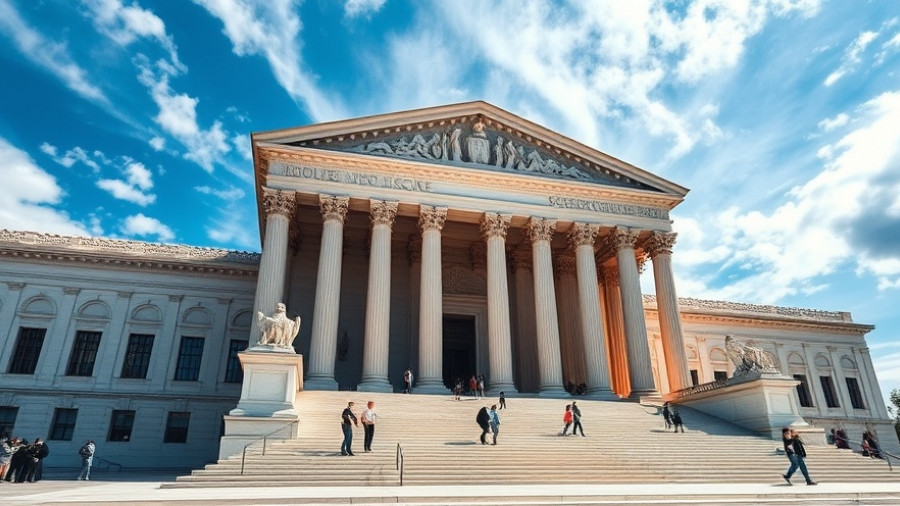
Understanding the Falun Gong Lawsuit Against Cisco
Recently, two prominent Republican lawmakers have urged the Trump administration to support a lawsuit against Cisco Systems. The crux of the case involves allegations that Cisco’s technology has been utilized to aid the Chinese government's persecution of Falun Gong, a spiritual group viewed unfavorably by the Communist Party of China. The lawsuit brings to light critical questions about corporate responsibility and human rights, particularly regarding U.S. companies operating in international contexts where human rights violations are prevalent.
The Role of Technology in Human Rights Violations
The allegation against Cisco indicates that the company’s products may have been adapted for use in the infamous “Golden Shield,” a surveillance network used to track, detain, and torture Falun Gong followers. In their communications, Rep. Chris Smith and Rep. John Moolenaar emphasized the need for American companies like Cisco to be held accountable. They argue that allowing such a lawsuit to proceed is essential to deter firms from becoming unwitting accomplices in human rights abuses.
A Long History of Controversy
The case against Cisco has been a long-standing issue dating back to 2008, when leaked documents suggested that Cisco marketed its technology in a way that showcased its potential for human surveillance. This history raises important discussions about the ethical implications for technology companies—especially those engaged in industries where their products could facilitate government oppression.
The Impact of the Ninth Circuit Ruling
In a significant turn of events, the Ninth Circuit Court has ruled that the lawsuit can move forward, allowing Falun Gong members to claim that Cisco knowingly provided support for the abuses directed at them. The ruling signifies an important watershed in how foreign plaintiffs can bring cases against U.S. corporations under the Alien Tort Statute, a law traditionally viewed as a vehicle for addressing human rights violations.
Implications for Business Ethics
As we navigate through this complex legal landscape, small and medium-sized business owners need to reflect on their own practices. What role does corporate ethics play in your operations? Engaging in markets with established human rights records is crucial in today's global economy, underscoring the idea that companies are accountable not just for their direct actions, but also for how their technologies may impact industries and human rights globally.
Time for Action: Reflect on Your Business Practices
In light of the controversies surrounding tech giants like Cisco, it’s essential for businesses in service industries to prioritize ethical practices. Inspecting how technologies are used, who they are serving, and the implications on human rights should be at the forefront of product development strategies.
 Add Row
Add Row  Add
Add 










Write A Comment